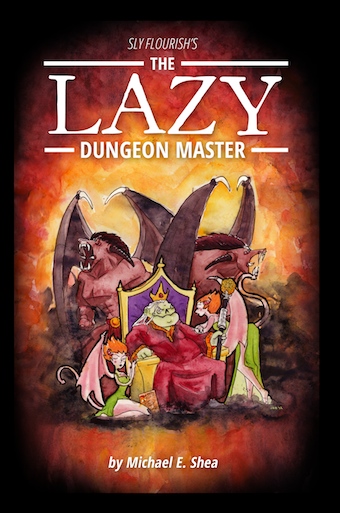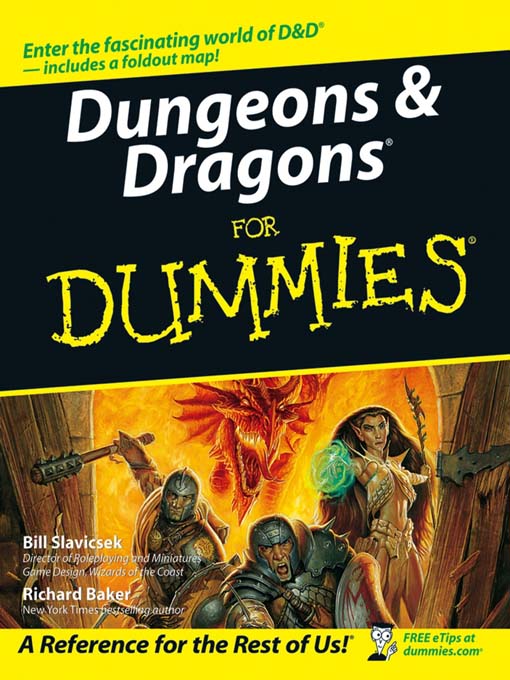Some games make it vital by linking it character growth (see: gold as XP in OD&D) or the very well-being of your character (see: recovering from conditions in Torchbearer). In those kinds of situations, each piece of treasure matters, especially gold. Of course, outside of those games, it's been my experience that once the players go adventuring they never need to worry about wealth. In fact, they often struggle to find a use for it. And yet they'll still argue about how to best split the treasure.
This, I think, is more of a genre-problem. Fantasy RPGs often encourage players to earn their gear through adventure rather than allowing players to stock up on magic items in town. It's easy to understand why. It encourages players to take risks. It makes them care a whole lot more about each unique item they own. But it also has the drawback of making gold rather worthless.
Let's look at a different game in a different genre: Shadowrun. The game's architecture is almost identical to traditional fantasy RPGs and yet it has an entirely different economy. While it's true that the best gear will be still be earned through completing missions, player's can always spend their Nuyen to upgrade their runner's kit in the meantime.
Still not any closer to answering the question, I'm going to propose a new one: what if, rather than tracking gold at all, you just assume all of the characters have what they need? If the best gear is earned through adventuring, go adventuring! If the players are trying to purchase something bigger, like land or a ship, why not just set narrative conditions that make sense? You'll have enough cash for X after Y number of missions. Of course, this suggestion may be too hand-waive-y for some people. If that's the case, I would point to any number of games that treat wealth as a skill.
Unless you're playing a game where it matters (OD&D, Torchbearer, Shadowrun), will this really have any effect? I'm not sure you'll notice a difference, except it will cut out the useless bickering about how to split seven copper three ways.












